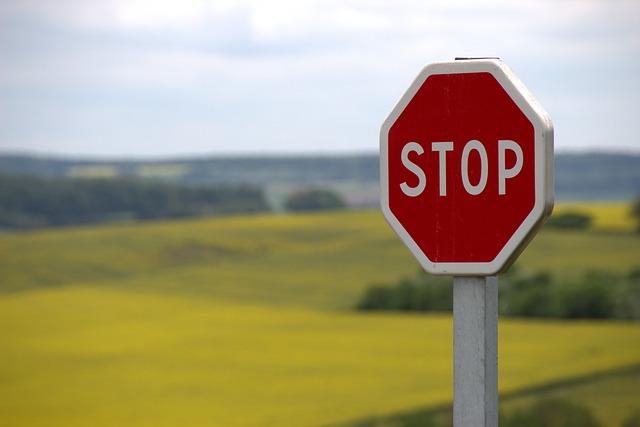Shockwaves from Deutsche Bank’s implosion are being felt beyond Wall Street.
Australia’s corporate cop ASIC is tightening the noose around opaque active ETFs, telling exchanges to block new applications for internal market making.
Under instructions handed down to exchanges yesterday, new active ETFs hoping to trade on exchange will require independent market makers, ASIC has indicated.
“ASIC has asked all [exchanges to stop] admitting any non-transparent [ETFs] with internal market makers for the time being,” the Australian Securities Exchange said in a circular to the industry.
“There is no impact on [ETFs] that do not use internal market makers. This pause on new admissions… will remain in place while ASIC considers the appropriate regulatory settings... We support this approach from ASIC.”
Internal market making is unique to Australia and has always been controversial.
It is where the ETF provider doubles up as the market maker, and is responsible for getting investors in and out of the fund at a fair price throughout the trading day.
The arrangement has benefits: it allows fundies to hide their portfolios and protect their IP. (Allowing, say, a value manager to take a large cash position without the market knowing). While also allowing fund providers to flog their products on exchange.
However, the arrangement is also wracked with potential conflicts of interest. These include ETF providers having incentives to widen out spreads to trap investors in; widening out spreads so that the fund can cream off performance fees from market making; publishing false iNAVs to mislead investors about the fund’s performance.
Opposition to Active ETFs grows louder
In a report published last year, ASIC found that active ETF providers with internal market making had indeed been publishing false iNAVs. “There have also been instances‚ where‚ the iNAV was not reasonably accurate, yet [active ETF issuers] continued to publish the iNAV,” ASIC said.
The move to block internal market making comes as “three-legged horse” Deutsche Bank mulls the future of its equity trading divisions worldwide. Aussie ETF market making is utterly dominated by two investment banks, of which Deutsche is one. Deutsche, however, is the major agent for internal products.
Active ETFs with internal market making make up only 5% of the Australian ETF market.


